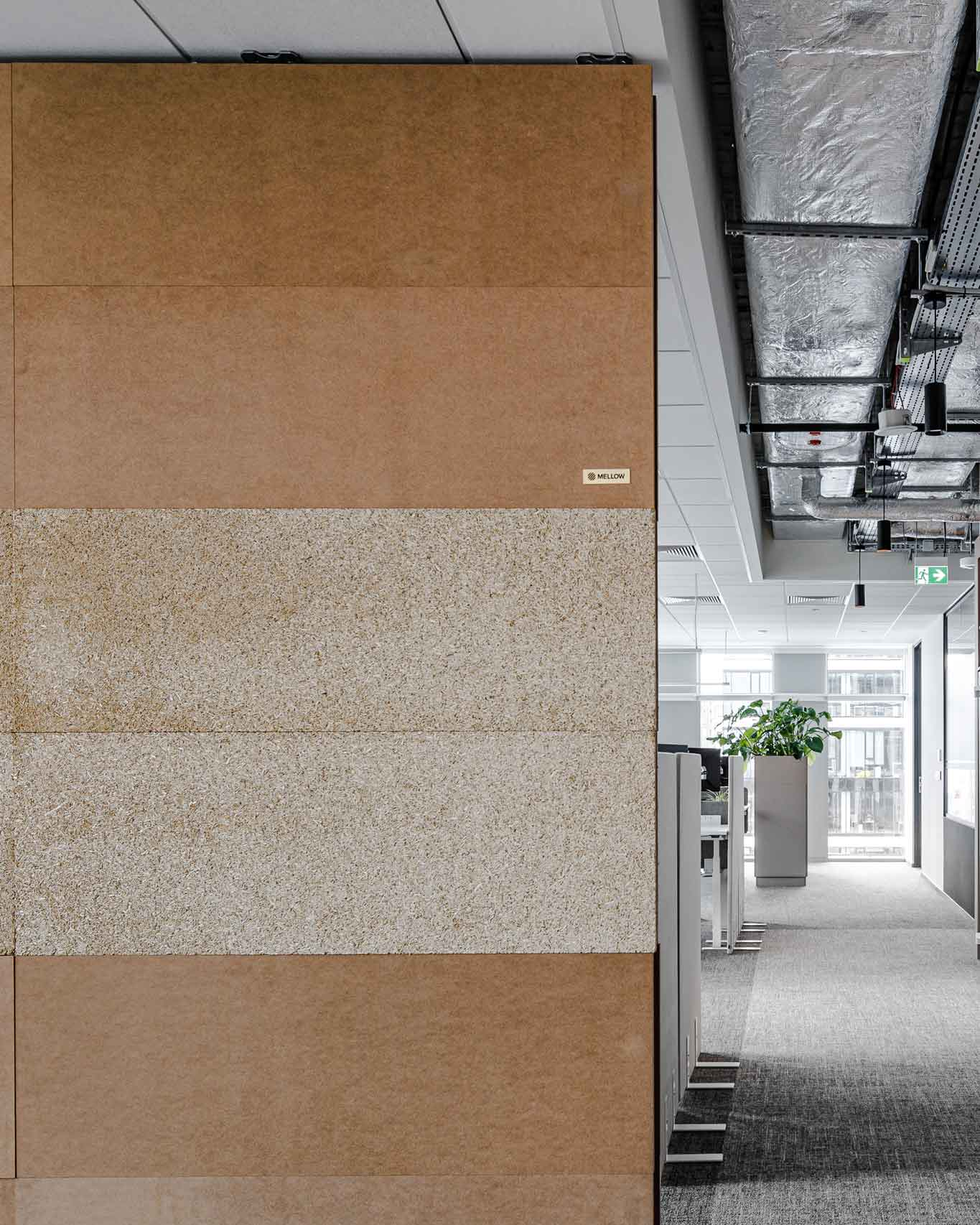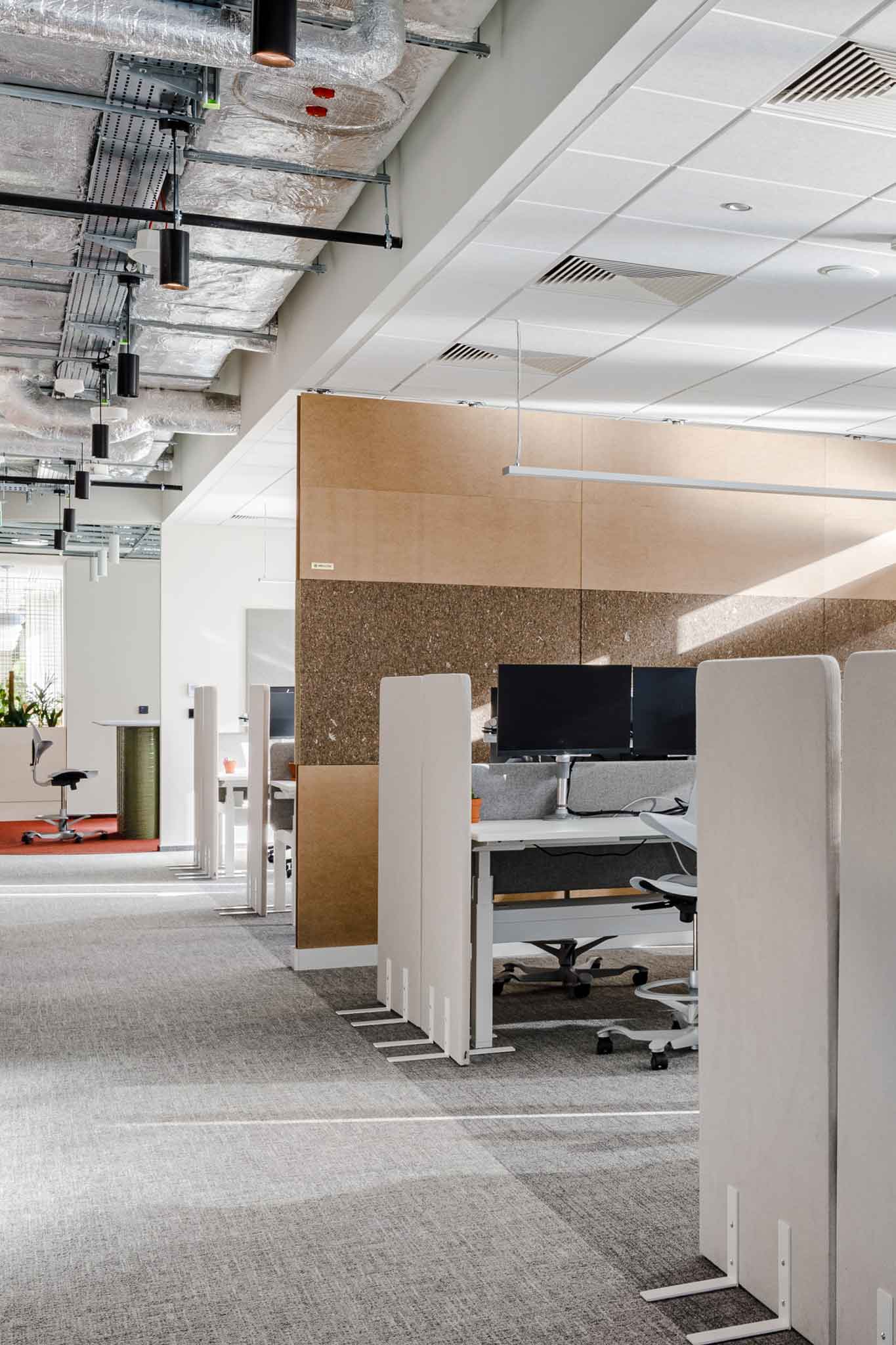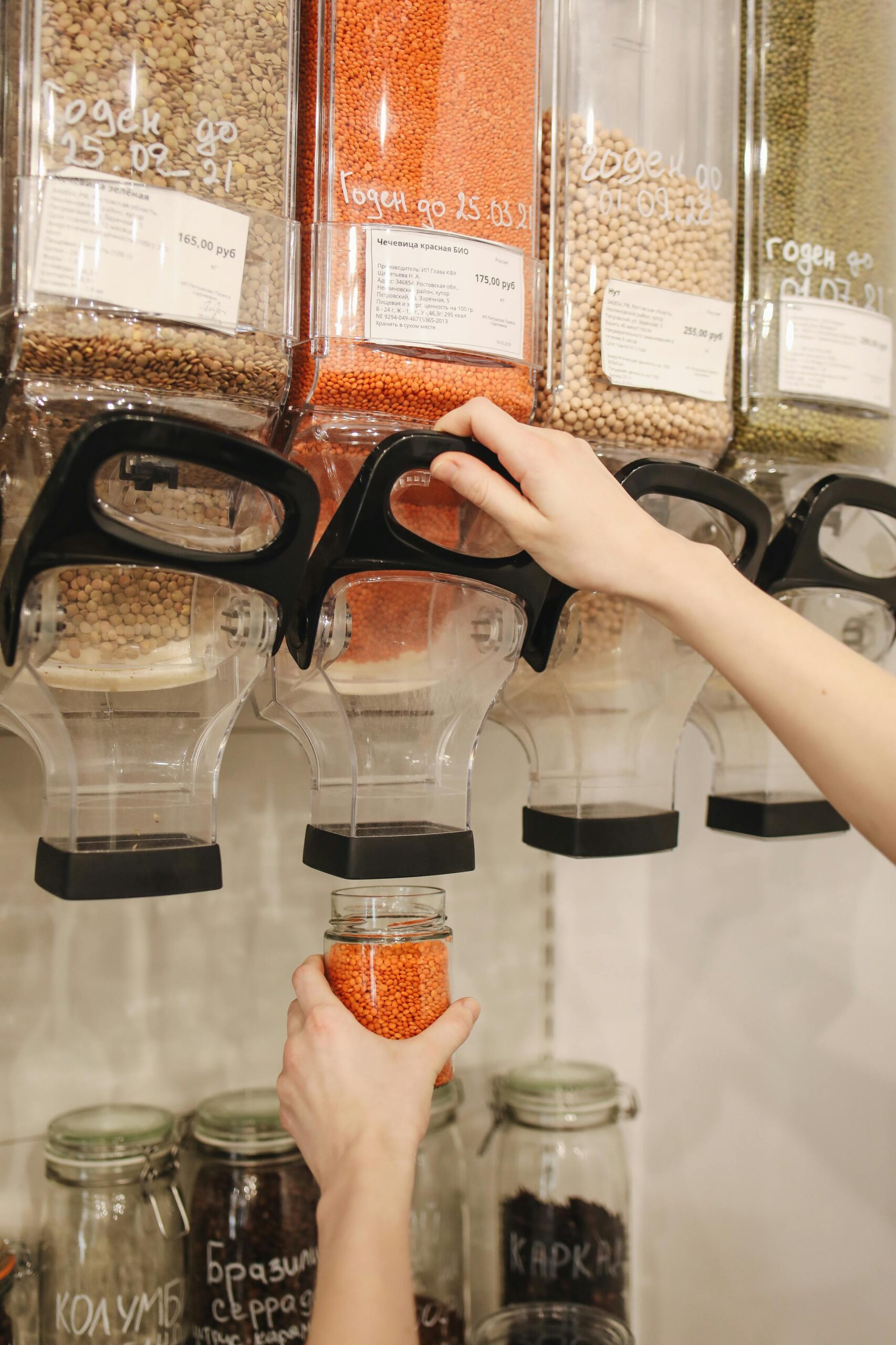
How to Cope with Eco-Anxiety: Practical Steps to Make a Positive Impact
Introduction: Understanding Eco-Anxiety
In today’s world, many of us strive to make environmentally conscious choices, driven by a desire to contribute positively to the planet. However, the overwhelming nature of this task can often lead to feelings of uncertainty and anxiety. The term ‘eco-anxiety’ has been coined to describe the persistent worry about the state of the environment and the future of the planet. This article explores practical strategies to cope with eco-anxiety and make meaningful contributions to environmental preservation.
Recognizing the Impact of Eco-Anxiety
Eco-anxiety manifests as a consistent feeling of dread and despair about the deteriorating state of the environment. It can lead to stress, existential dread, and a sense of helplessness. Understanding the impact of eco-anxiety is the first step towards managing it effectively.
Strategies for Coping with Eco-Anxiety
1. Educate Yourself
Seeking Reliable Information
It’s essential to gather information from credible sources to understand the environmental issues accurately. While media and social networks provide insights, relying solely on them can be misleading. Explore scientific research, studies, and expert opinions to gain a comprehensive understanding of environmental challenges.
Prioritizing Mental Health
While educating yourself, it’s crucial to prioritize your mental well-being. Avoid overwhelming yourself with information and take breaks when needed. Remember that addressing eco-anxiety is a gradual process, and it’s okay to pace yourself.
2. Develop an Action Plan
Setting Personal Goals
Creating an action plan empowers individuals to make tangible changes in their lifestyles. Collaborate with friends or family members to brainstorm sustainable practices and set achievable goals. Whether it’s reducing carbon footprint or embracing recycling, every effort counts towards environmental conservation.
3. Focus on Personal Impact
Embracing Individual Responsibility
While global policies and economic decisions influence environmental outcomes, personal choices also play a significant role. Recognize the impact of your actions and focus on areas where you can make a difference. Whether it’s supporting sustainable businesses or adopting eco-friendly habits, your choices matter.
4. Choose Sustainable Solutions
Partnering with Eco-Conscious Brands
Supporting businesses committed to sustainability is an effective way to contribute to environmental preservation. Look for brands that prioritize circular design, upcycling, and eco-friendly practices. By aligning with such initiatives, you amplify your impact and promote a culture of sustainability.
Conclusion: Embracing Progress Over Perfection
Coping with eco-anxiety requires a balanced approach that combines awareness, action, and self-care. By educating ourselves, setting actionable goals, and prioritizing sustainable choices, we can alleviate feelings of despair and make meaningful contributions to the planet. Remember, every step towards environmental preservation, no matter how small, brings us closer to a greener future.
Resources:
Latest Articles


building better with adaptable partition walls
